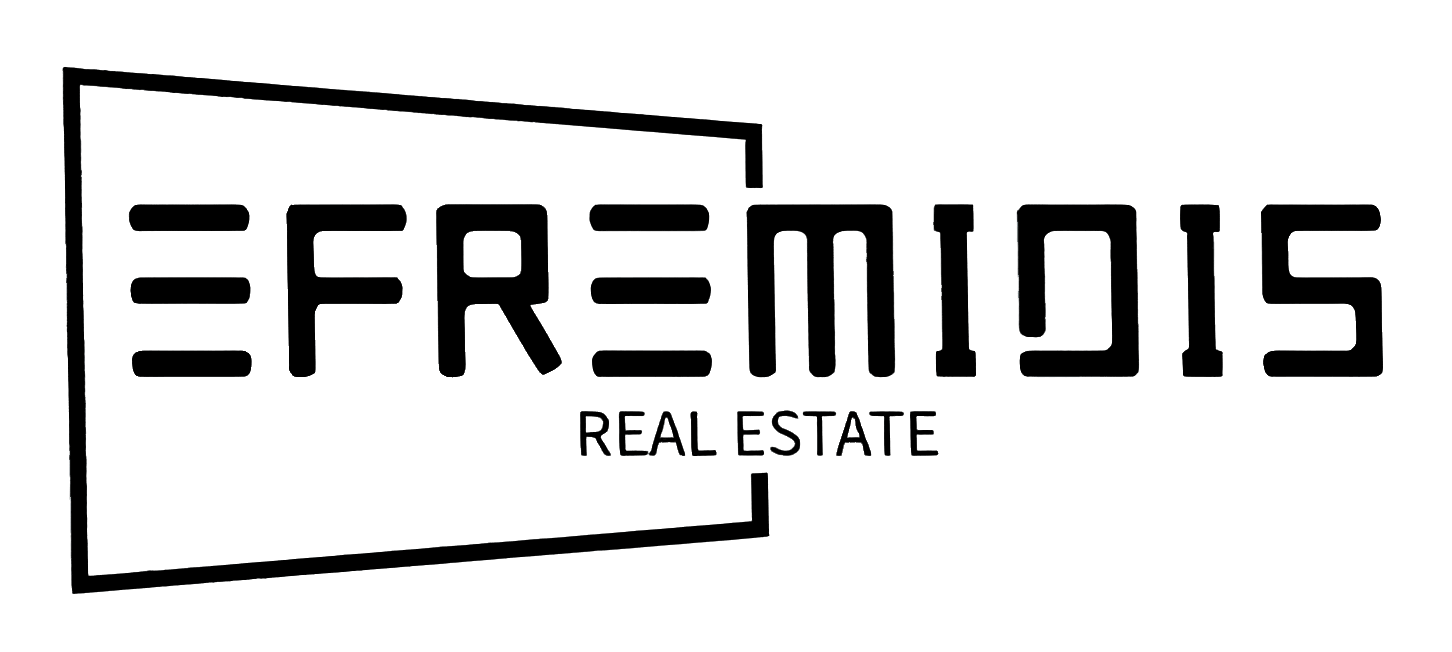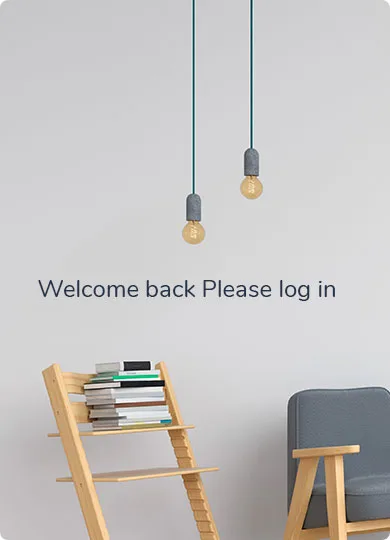FAQ
- Home
- FAQ
Frequently Asked Questions
Yes, any foreigner can purchase real estate in ownership; this right is enshrined in law. Clause 19 of the Condominium Act of 1979 states: “Any foreign citizen has the right to register a condominium unit in their own name.”
It is essential to register the property under Freehold. Freehold is a 100% ownership right that allows the owner to possess, use, and dispose of the property. The owner has the right to transfer the property through inheritance, gift, or sale.
Property rights are confirmed by a special document called Chanote (similar to the Russian certificate of ownership), which contains the name and surname of the owner. This document is issued in two copies: one is given to the owner, and the other is kept in the Land Department, a government body authorized to register real estate transactions.
Freehold is a 100% ownership right that allows the owner to possess, use, and dispose of the property. The owner has the right to transfer the property through inheritance, gift, or sale.
Property rights are confirmed by a special document called Chanote (similar to the Russian certificate of ownership), which contains the name and surname of the owner. This document is issued in two copies: one is given to the owner, and the other is kept in the Land Department, a government body authorized to register real estate transactions.
Freehold can be divided into two types: for foreigners and for Thai companies and individuals. A foreigner has the option to register property using either method. In the first case, the Chanote will state the buyer’s name and surname. In the second case, the company’s name is listed as the owner, with the foreigner as the director. It is important to understand that the company must be established in Thailand. If you are purchasing an apartment or house from a developer during the construction phase (on the primary market), the developer will handle the process of setting up your company. If the transaction takes place on the secondary market, the company is typically transferred to the new owner along with the property.
To make a reservation, you need to provide a copy of your passport, your actual residential address, contact phone number, and email. Based on this information, a reservation form and an invoice for the deposit payment will be prepared. After receiving confirmation of the funds for the property, the developer will prepare the main purchase contract, incorporating the details you provided for the reservation.
The developer, in turn, also provides several documents:
– DBD: company registration document
– Owner’s passport
– Chanote for the land
Please note that there is a practice where the contract is not signed by the company owner themselves. In this case, a power of attorney and the representative’s passport should be attached to the contract.
If the purchase is made remotely, the preliminary signing of the contract occurs electronically. All documents are then sent by courier to the address you provided.
Acquiring real estate in your home country, you understand the laws, documentation, and market. At any time, you can personally come to resolve issues. Even there, buyers resort to the help of agencies because it saves time and money. And when it comes to buying abroad, you can’t do without a market specialist. Moreover, in Thailand, real estate agency services for the buyer are free.
What the buyer gets:
- Consultation on the real estate market
- Development of an investment strategy tailored to your goals and timelines
- Property selection
- Negotiating purchase terms
- Post-sales service
- Assistance in property acceptance and obtaining ownership documents.



